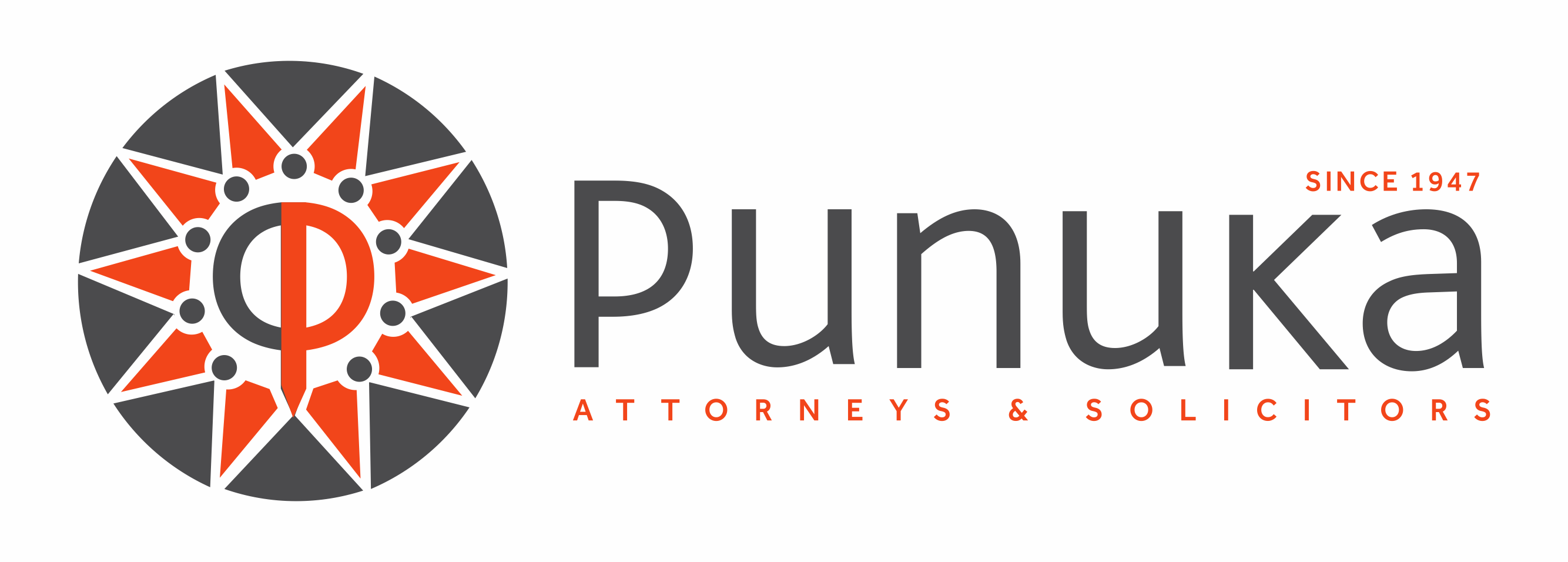Introduction
The Nigeria Start-up Act project is a joint initiative by Nigeria’s tech start-up ecosystem and the Presidency to harness the potential of our digital economy through co-created regulations. The Act ensures that Nigeria’s laws and regulations are clear, planned and work for the tech ecosystem with the aim of enabling environment for growth, attraction, and protection of investment in tech start-ups[1]. The Nigerian Start-up Bill (NSB) was signed into law by President Muhammadu Buhari on October 19, 2022.
The Act brings Nigeria steps closer to a new evolution where the proper regulatory framework accelerates the rate at which the Financial Technological market is growing in the country. It specifically applies to:
- Companies incorporated under CAMA 2020 and granted a “startup label”
- Organisations and establishments that are instrumental to the creation, support, and incubation of startups in Nigeria.
The Objectives of the Nigeria Startup Act
The Objective of the Act is to provide an enabling environment for the development of startups in Nigeria. It enables the establishment, growth, and development of start-ups through incentives such as tax breaks, government loans, credit etc.[2]
It also makes provisions for proper infrastructure and local content that supports the development of technology-related talent.[3]
Finally, the Act positions Nigeria as a leader in the African start-up ecosystem. Section 1(c) provides that the objective of the Act is to position Nigeria’s start-up ecosystem as the leading digital technology centre in Africa.
Who are Recognised by the Nigerian Start Up Act as Start-ups?
According to the Act, a start-up is a company that has been in existence for not more than 10 years and has the objective of creating, innovating, producing, developing or adopting a unique digital technology innovative product, service or process.
The stamp of recognition for a start-up under the Act is a start-up label which is an incorporation certificate given by the Secretariat of the National Council for Digital Innovation and Entrepreneurship (‘the Council’) to a start-up that has met the following labelling requirements (Section 13[4])
- it is registered as a limited liability company under the Companies and Allied Matters Act 2020, and has been in existence for a period of not more than 10 yearsfrom the date ofincorporation;
- its objects are innovation, development, production, improvement, and commercialisation of a digital technology innovative product or process;
- it is a holder or repository of a product or process of digital technology, or the owner or author of a registered software;
- it has at least one Nigerian as a founder or Co-founder of the startup, provided that the Nigerian founder or co-founder will share from profit or revenue from the sale of shares; and
- in the case of a sole proprietorship or partnership, it satisfies the conditions set out in in paragraphs(b), (c) and (d). Thus, a start-up may be registered under Part A or B of the Companies and Allied Matters Act.
Creations/Innovations of the Act
The creation of the Start-up Act has certain innovations and implications on companies and start up organizations.
Firstly, the Act establishes a National Council for Digital Innovation and Entrepreneurship (‘the Council’) that responsible for the formulation of general policy guidelines and direction for laws and regulations of start-ups.
The Council would also support digital technological development by awarding grants to persons, research institutions and universities pursuing postgraduate programs in the areas of science, technology, and innovation – (Sections 3 and 7).
The Nigerian Start Up Act also introduces a Seed fund for start-ups (Section 19), start-ups now have access to a special seed fund managed by the Nigeria Sovereign Investment Authority (‘Fund Manager’). It provides finance and tech relief for labelled start-ups. This provides access to early-stage funding on the recommendation of the Fund Manager and approval of the Council to labelled start-ups. This fund is also accessible to technology laboratories, accelerators, incubators, and hubs.
The Act also considers the financial implication involved in a start-up and provides companies which are regarded as start-ups with access to tax and other fiscal incentives under the existing Pioneer Status Incentives schemes of the Nigerian Investment Promotion Commission (NIPC)[5].
The government may also simplify the requirements for start-ups to benefit from other existing fiscal incentives and a labelled start-up may be entitled to exemption from paying income tax or other chargeable tax on its revenue for a period of four years. Employees of labelled start-ups may also be entitled to a 35% personal income tax exemption on their income for a period of 2 years from date of engagement with the startup.
As a way of increasing regulatory support for start-ups, it creates a system for regulatory bodies to enhance seamless operations for identified start-ups. Such collaboration includes Corporate Affairs Commission (CAC), Central Bank of Nigeria (CBN), Securities and Exchange Commission (SEC), the Nigerian Copyright Commission and Trademarks, patent, and Design Registries. National office for Technology Acquisition and Promotion (NOTAP), AND Nigerian Exchange Limited (NGX).
This would bridge the gap between regulatory bodies and start-ups[6] such that labelled start-ups would enjoy easier access to the CAC portal; protection of their IP rights; an enabling securities environment for crowdfunding; an easier process for technology transfer registration, listing of eligible labelled start-up on the relevant boards of the Nigerian Exchange Limited or similar stock exchanges operating in Nigeria; CBN/SEC licensing procedures for labelled start-ups operating as fintech companies; and repatriation of capital and profits through CBN’s authorized dealer in freely convertible currency.
Furthermore, the Act makes provision for accelerator or incubator programmes that will help in the growth of the start-up ecosystem (Section 41)[7]. The incubators would assist in solving issues relating to operations, provision of workplace and serving as a breeding hub for start-ups.
Likewise, the Act provides for a framework for the establishment and operation of start-up innovation clusters, hubs, physical and virtual innovations parks in each state of the Federation (Section 43). These innovation clusters, hubs and parks will facilitate collaboration and businesses between start-ups and large companies, exchange of expertise, ideas and perspectives among start-ups as well as the access to resources and professional services.
For Additional Information
If you require any further information as regards the Act contacts us at info@punuka.com
[1] Samson Akintaro, ‘What You Should Know About The Nigeria Startup Bill 2022 Passed By The Senate’ (Nairametrics, 2022) https://nairametrics.com/2022/07/22/what-you-should-know-about-the-nigeria-startup-bill-2022-passed-by-the-senate/ accessed 15 August 2022.
[2] Ibid.
[3] Ibid.
[4] The Nigerian Start Up Act
[5] Section 24 of the Nigerian Start up Act
[6] Section 33 and 34 of Nigerian Start up Act
[7] Section 41 of the Nigerian Start up Act













